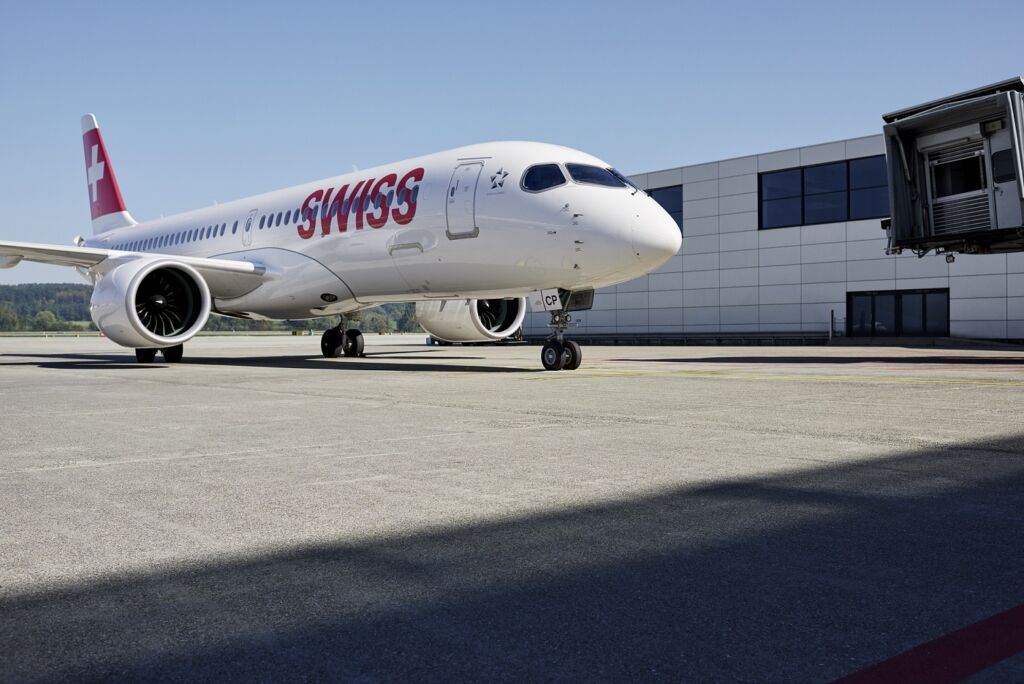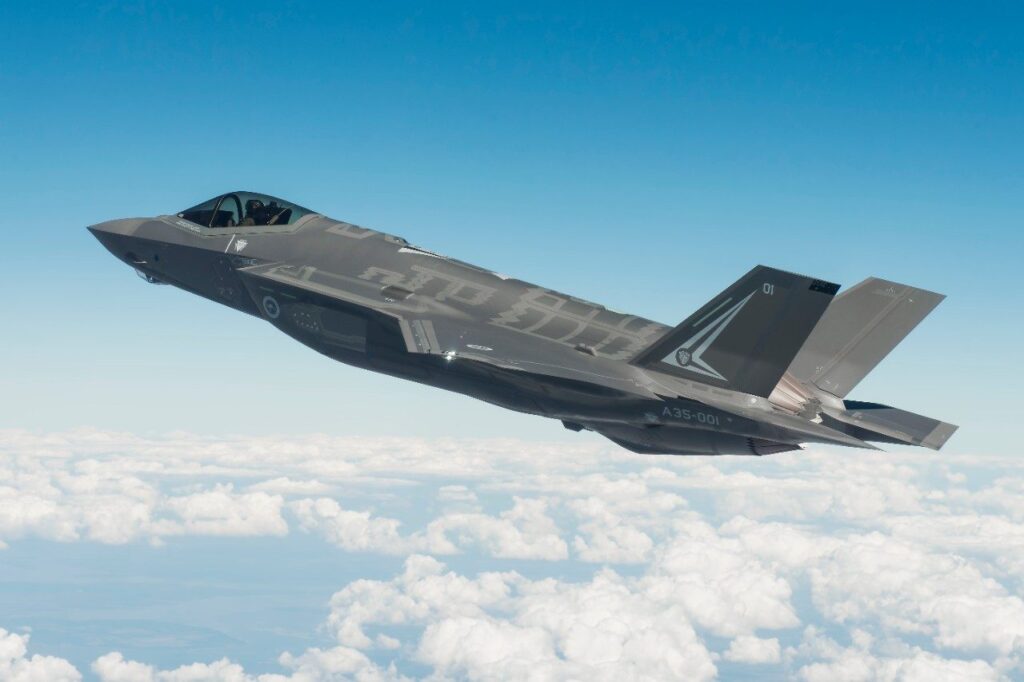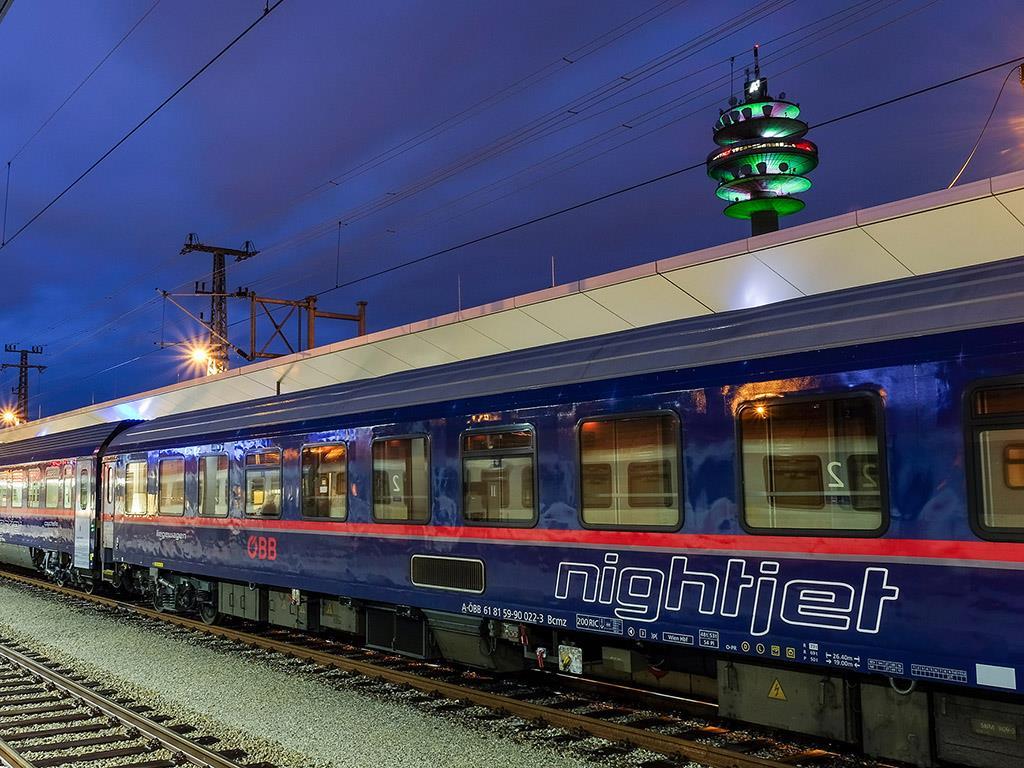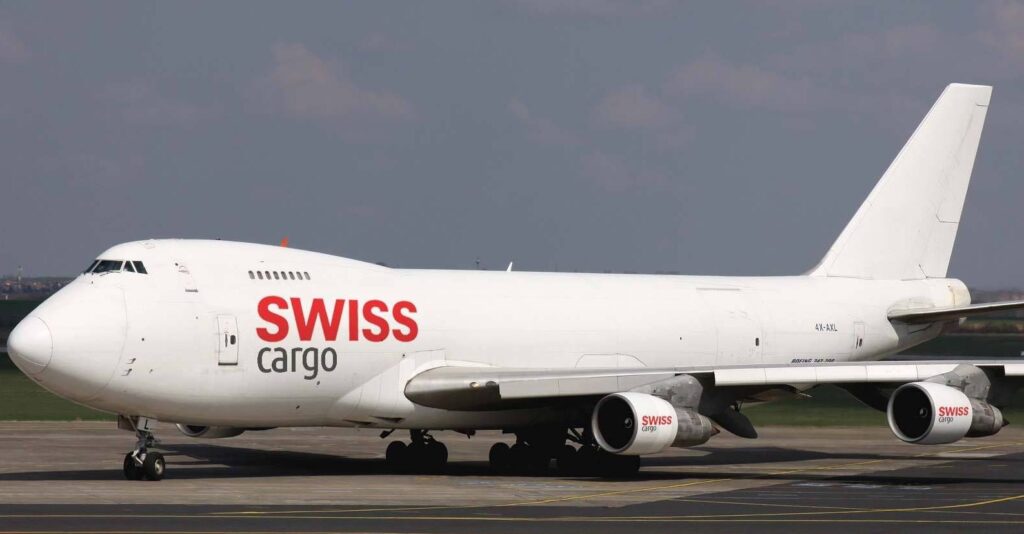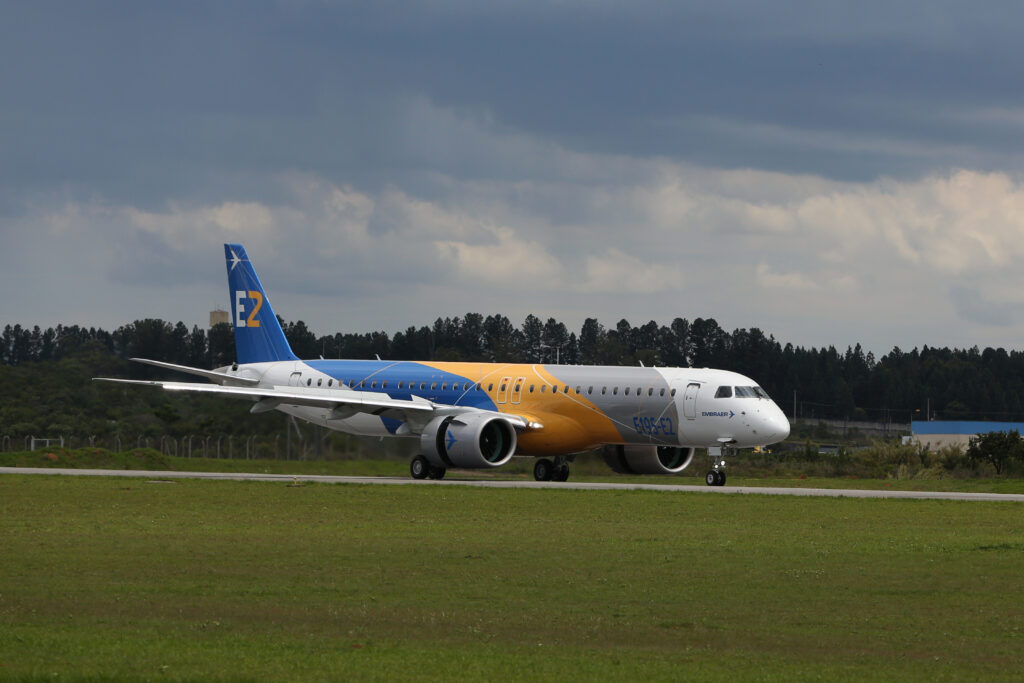SWISS Launches New Service for Long Haul Business Class, Adds Taste of Switzerland
For six months from today onwards, Swiss International Air Lines (SWISS) will be offering Business and First Class travellers on its long-haul services from Switzerland selected creations from top Swiss-based chefs who have participated in the airline’s…


